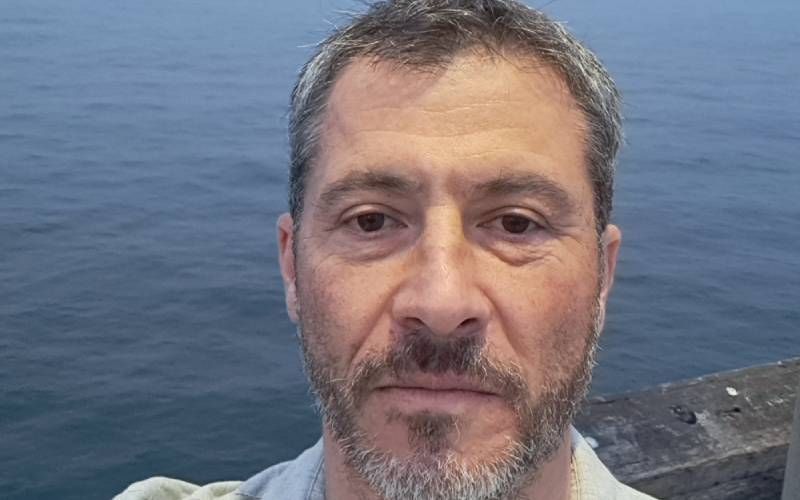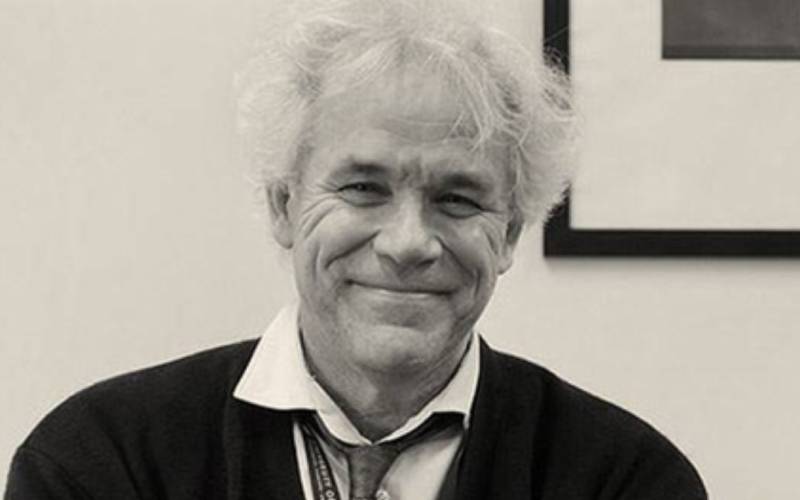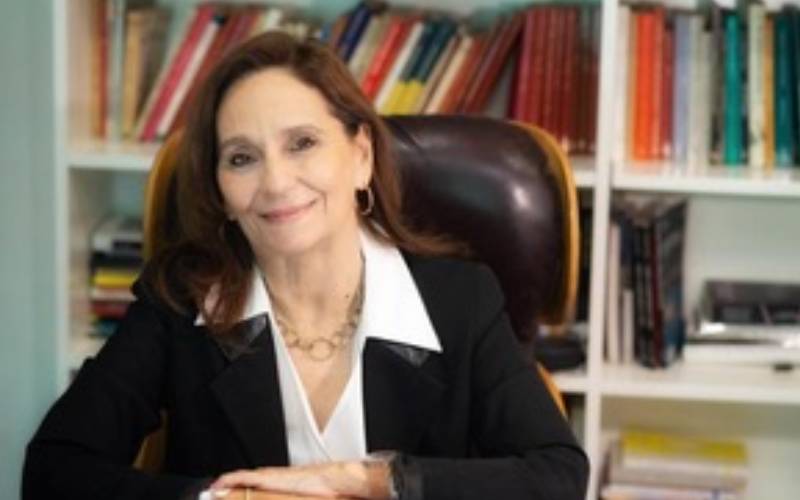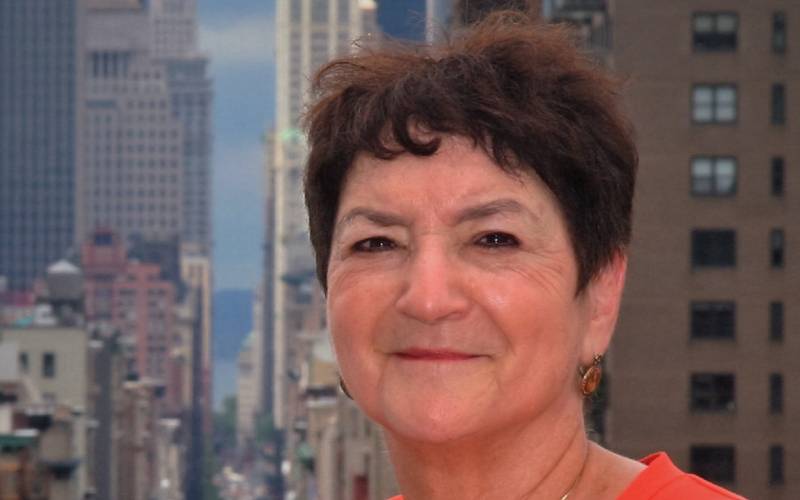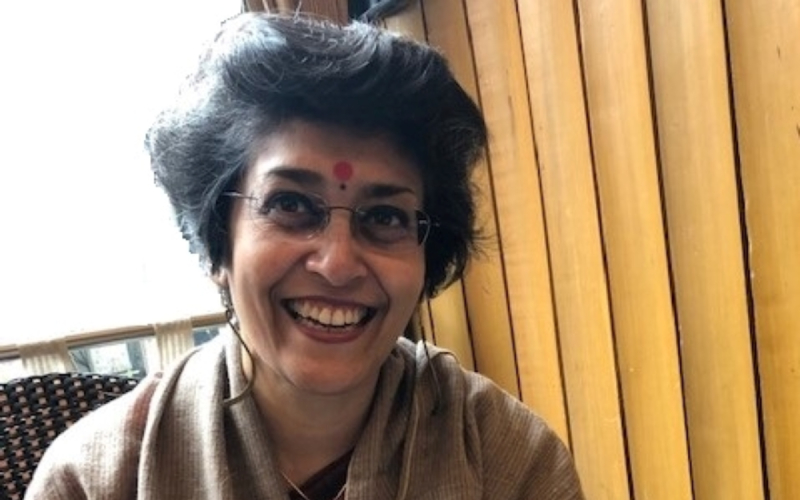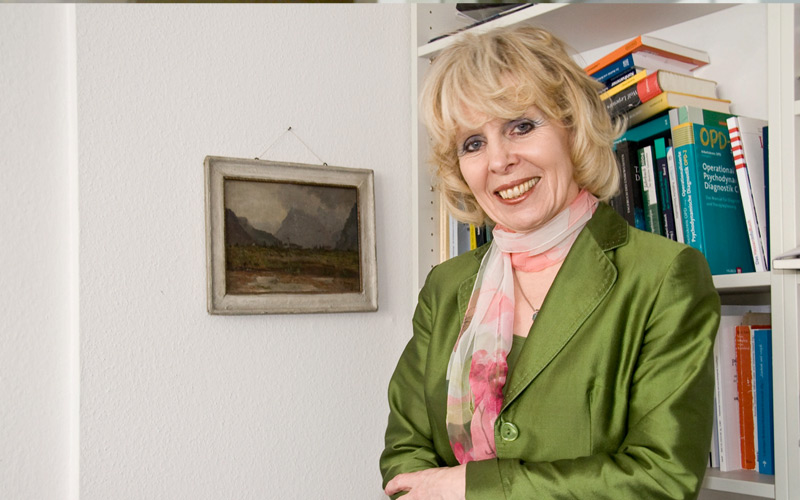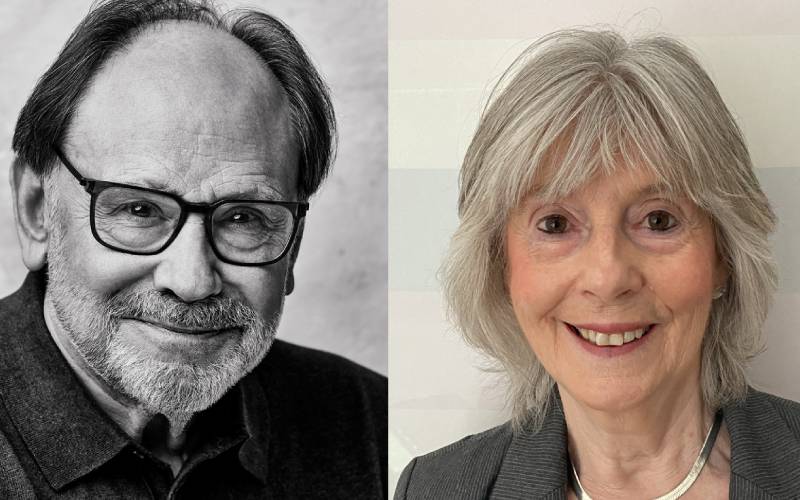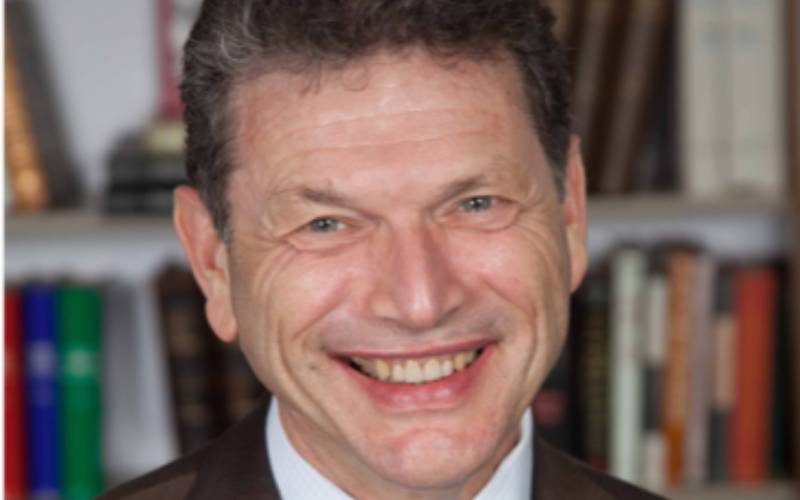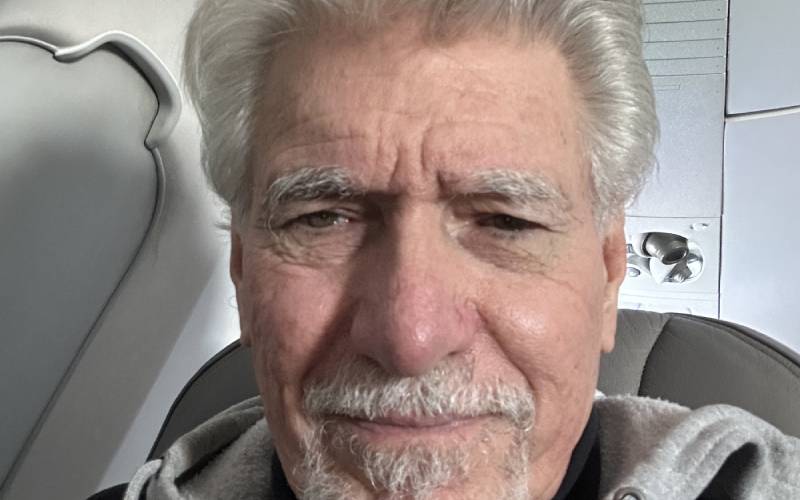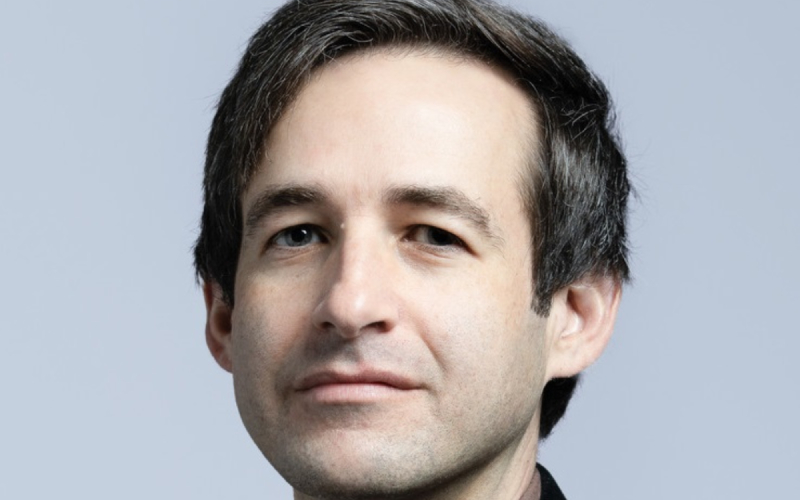Episode 169: Trauma and Survival: Eddy de Wind and Viktor Frankl with Dan Stone, PhD (London)
“The Holocaust seems to me to be the paradigmatic case of the acting out of unconscious fears, fantasies and projections onto another group that has ever occurred. It is the place therefore for psychoanalytic concepts in understanding anti-Semitism and racism more generally. Particularly in this context and thinking about Nazism and Nazi perpetrators is crucial,…
Read MorePodcast: Play in new window | Download

